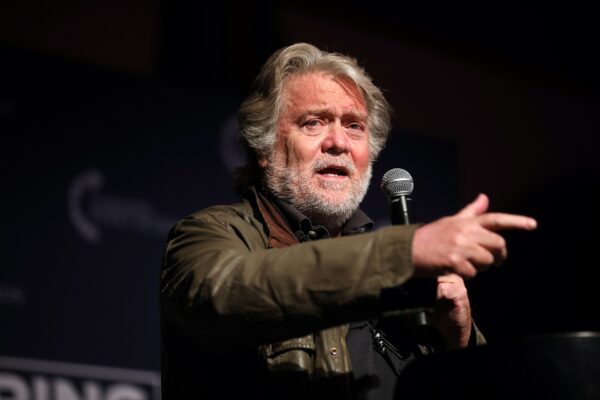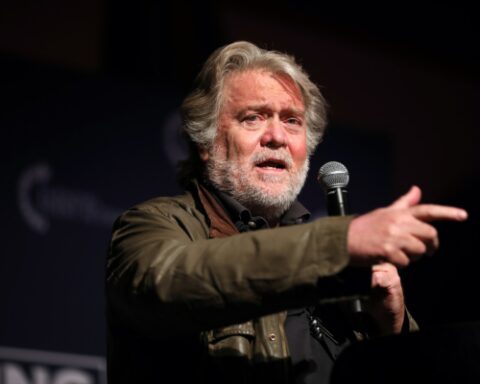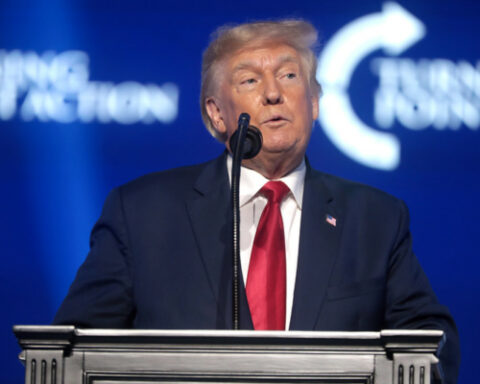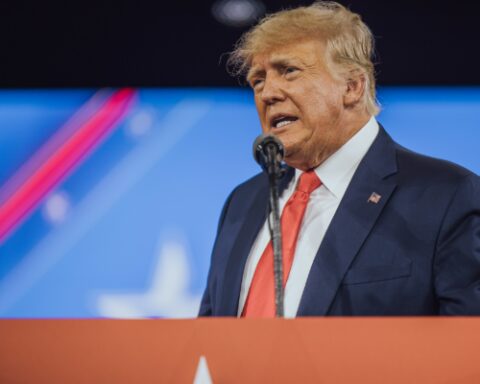Steve Bannon, the former chief strategist to Donald Trump, has now reportedly publicly rebuked the president for his remarks following a recent U.S. military strike on Iranian nuclear sites.
In a live edition of his podcast, War Room, Bannon expressed discontent with Trump’s decision to thank Israeli Prime Minister Benjamin Netanyahu during his post-strike address, suggesting that such a gesture was misplaced.
During his televised speech, Trump praised Netanyahu, stating, “I want to thank and congratulate Prime Minister Bibi Netanyahu. We work as a team, like perhaps no team has ever worked before.”
Bannon, however, responded critically, asserting that Netanyahu is “the last guy on earth you should thank,” especially in light of the ongoing tensions surrounding Iran.
In his podcast, Bannon reflected on the sentiments expressed by his listeners, emphasizing that many were taken aback by Trump’s comments.
He framed Netanyahu’s influence as detrimental, arguing that the Israeli leader has attempted to draw the U.S. into a conflict with Iran that he believes could be unwinnable. “Who in the hell are you to lecture the American people?” Bannon questioned, highlighting a growing frustration among segments of Trump’s base regarding foreign intervention.
Bannon’s critique extended beyond Netanyahu. He also expressed concern about Trump’s ambiguous stance on further military action, noting that many supporters may have expected a more decisive declaration.
“It sounded very open-ended,” he remarked, implying that Trump’s comments lacked the clarity and resolve many in the MAGA movement desired.
While Bannon acknowledged the necessity of military action in some circumstances, he warned of the potential “opportunity costs” associated with prioritizing foreign conflicts over domestic issues.
He cautioned that such focus could detract from pressing matters back home, including issues like immigration and urban challenges.
Bannon’s remarks encapsulate a broader debate within conservative circles regarding U.S. military engagement abroad and its implications for domestic policy.
As the Republican Party grapples with its identity in the wake of Trump’s presidency, voices like Bannon’s reflect the tension between foreign policy interventionism and a more isolationist approach favored by some of the party’s base.
As Trump navigates the complexities of his leadership and the reactions of his supporters, the fallout from this address underscores the challenges he faces in balancing foreign alliances with the expectations of his core constituency.
[READ MORE: Trump Shreds Fox News’s Jessica Tarlov]







